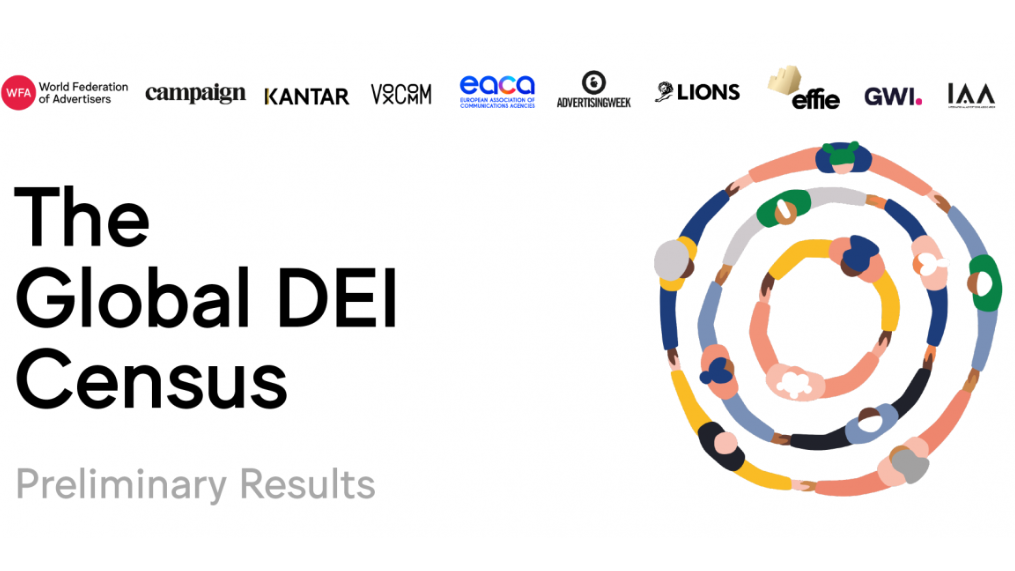Just under six out of 10 people in the global marketing business think that best opportunities go to the most deserving employees. That’s one of the startling findings in the full analysis of WFA’s Global DEI Census.
WFA has published the full DEI Census report, highlighting the vast differences in the lived experiences of different groups across our industry. Based on more than 10,000 respondents from 27 markets around the globe, the study identifies the global marketing industry’s main pain points:
- Discrimination is most commonly reported on the basis of family status (meaning caregivers for the elderly, the sick or children) and age, which can most often hinder women’s career progression;
- The lived experiences of women in our industry are consistently poorer than the lived experiences of men in all the countries surveyed;
- The lived experiences of ethnic minorities are notably poorer than their ethnic majority counterparts and this reduces sense of belonging and career progression;
- A high proportion (71%) who identify as disabled report mental/cognitive disabilities but relatively few (44%) inform their employer; and
- A third of respondents (33%) currently report feeling stressed and anxious at work.
The DEI Census is designed to form the basis of local action plans to tackle local pain points, acting as a benchmark for a follow-up census, which will take place in Spring 2023.
The results also demonstrate the impact of intersectionality. Being part of more than one disadvantaged group makes your lived experience worse. Take sense of belonging scores among men and women, for example. Globally the score is 75% for men and 70% for women. Add in a disability and the scores drop to 65% for men and 57% for women.
The report also highlights the huge variations in actions or perception of action between markets. In the US for example, 83% respondents believe their companies are taking positive action to address diversity and inclusion. This figure falls to just 26% in the worst-performing market.
“This is an important moment for our industry. Having identified where we are letting people down, every market and every country now needs to develop plans that show how we are going to improve the lived experience of those who do not belong to the male, ethnic majority. The WFA will be working closely with the national advertiser associations that supported this initiative to create action plans that make a real difference,” said Stephan Loerke, WFA CEO.
Watch the video below for an overview of the Top 10 findings from the report:
